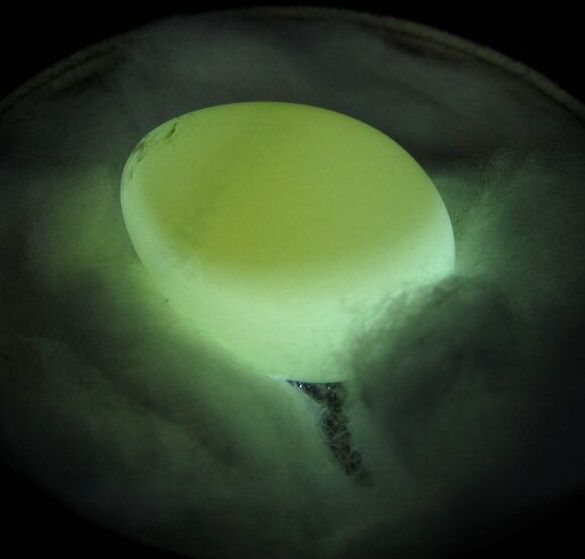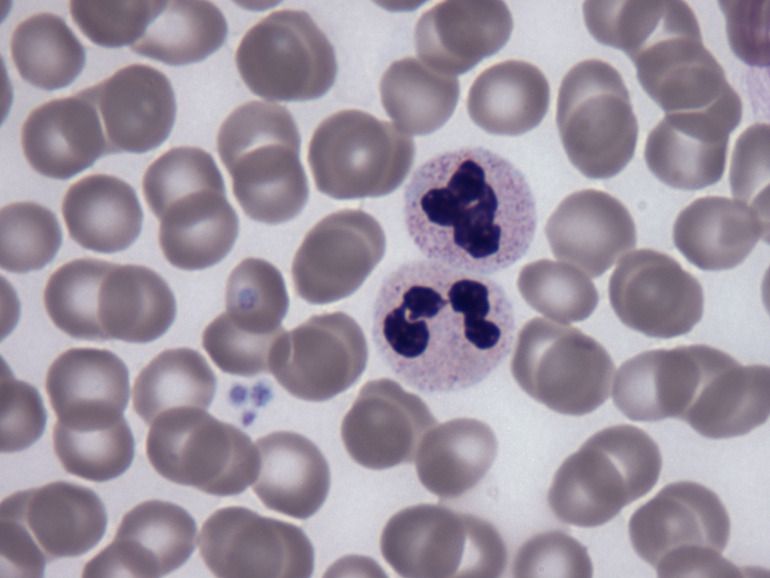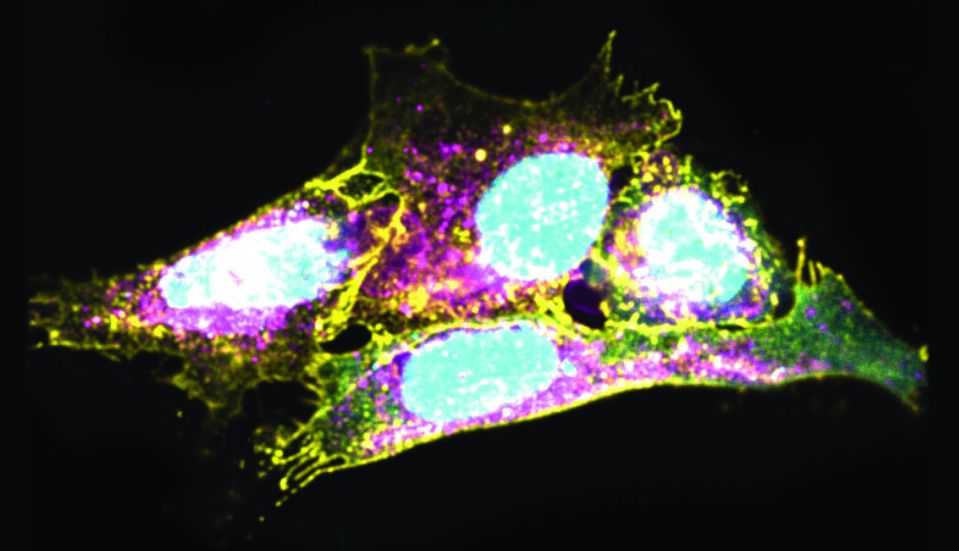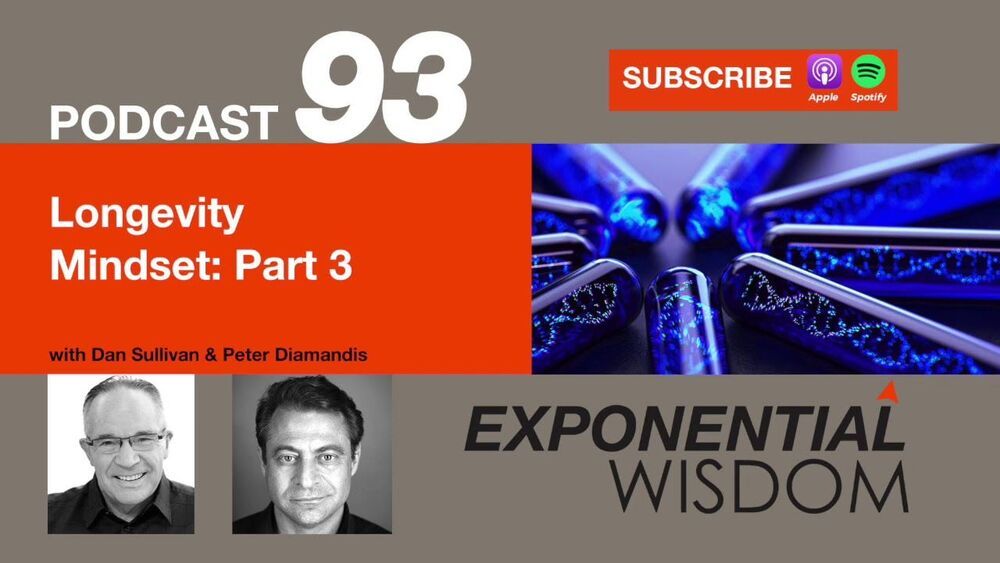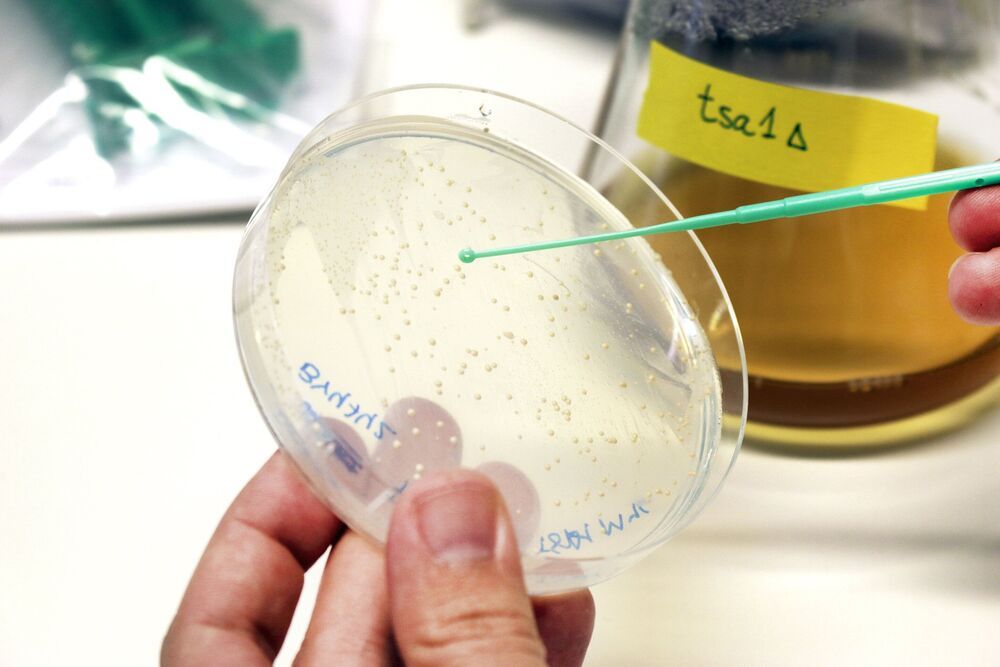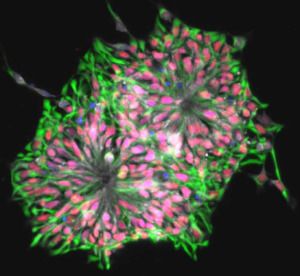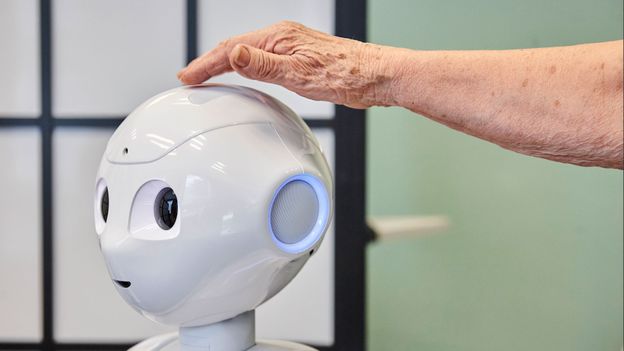Nov 11, 2020
Born to be young? Prenatal thyroid hormones influence ‘biological age’ at birth
Posted by Kevin Huang in categories: biotech/medical, life extension
Aging link
~~~ “The telomere biology of humans is closer to the telomere biology of birds than those of traditional laboratory models. In both humans and birds, telomere length is measured in a minimally-invasive way from small blood samples,” says Collegium Researcher Antoine Stier from the University of Turku (Finland), the main author of the research article.
While authors of the study had reasons to expect shorter telomeres in chicks born from eggs injected with thyroid hormones, they were quite surprised to find that those chicks actually exhibited longer telomeres right after birth.” “Based on the natural decline of telomere length observed with age in the same collared flycatcher population, we estimated that chicks hatching from thyroid hormones injected eggs were approximately four years younger at birth than chicks hatched from control eggs,” adds Collegium Researcher Suvi Ruuskanen.
Continue reading “Born to be young? Prenatal thyroid hormones influence ‘biological age’ at birth” »
